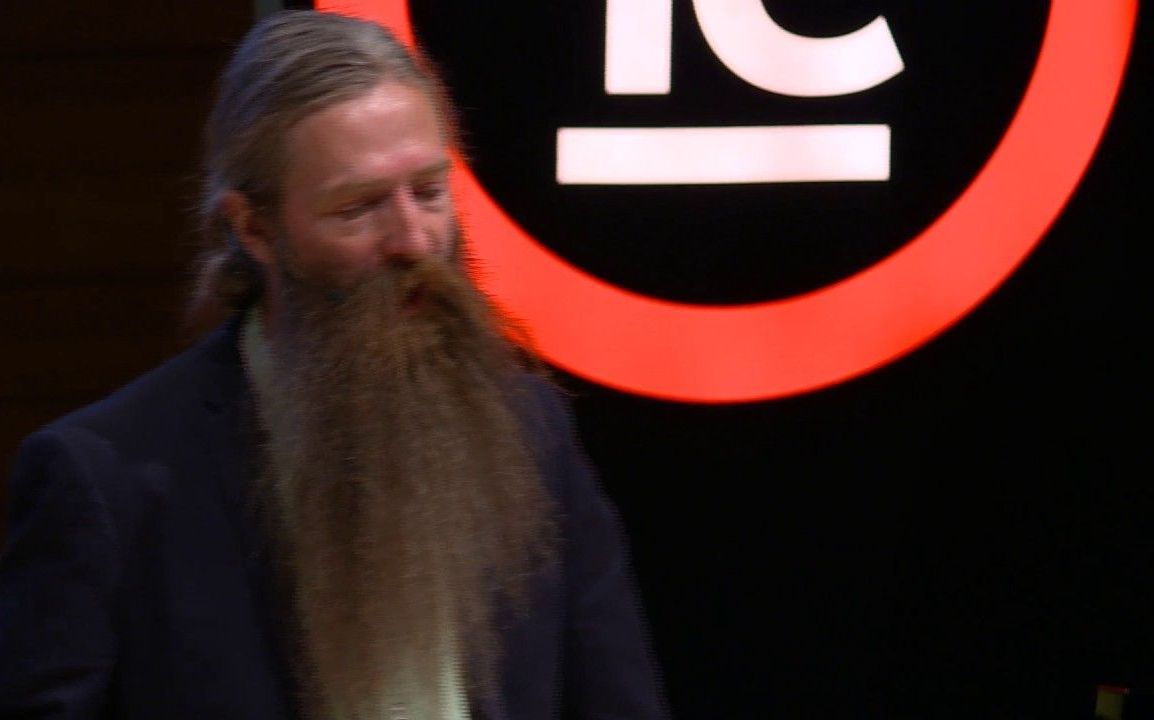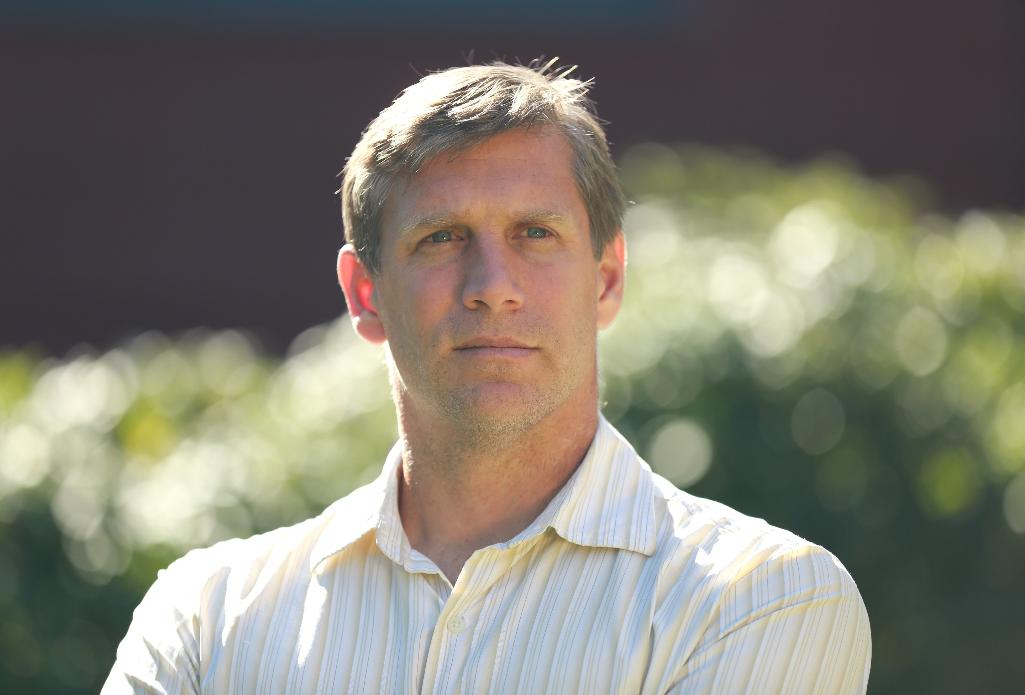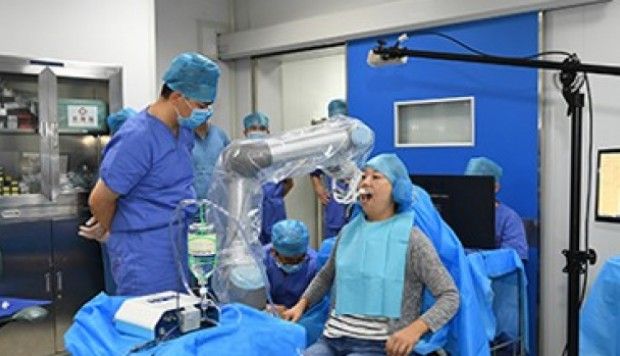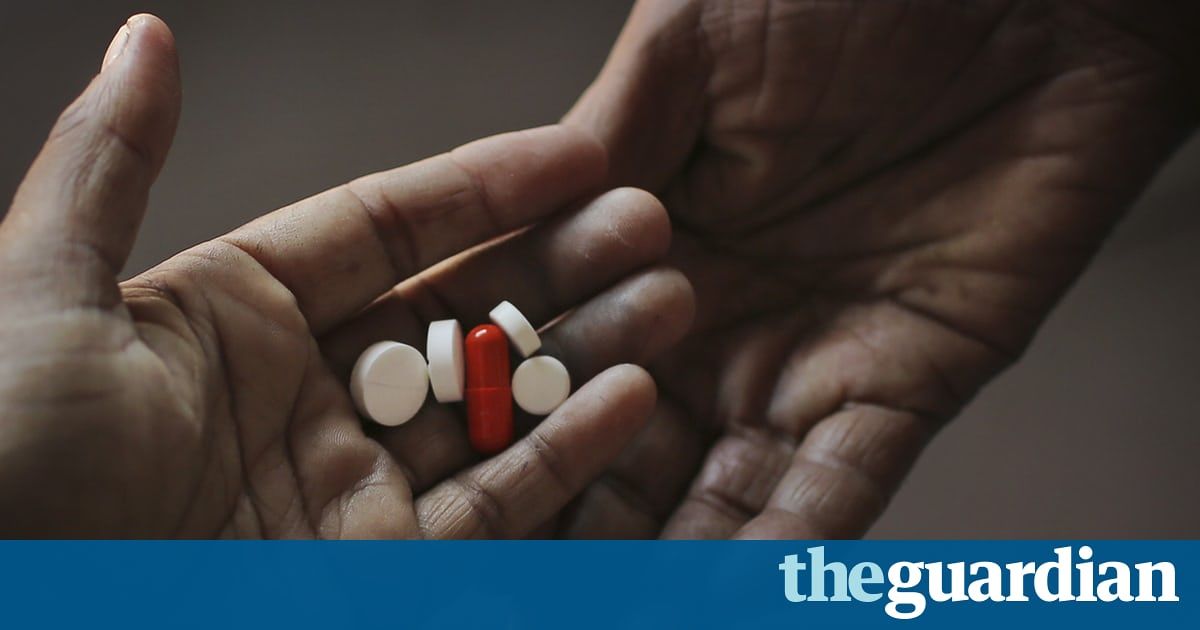Page 10122
Sep 23, 2017
Dr. Aubrey de Grey — Radical Longevity
Posted by Montie Adkins in categories: biological, life extension, physics

“Aging is a consequence of physics, not biology.” Dr. Aubrey de Grey believes that the aging of any machine with moving parents is fundamentally the same, whether that machine is alive or not. He states that the SENS Foundation doesn’t work on longevity and immortality — it works on health. “The only way we are going to live substantially longer is by staying truly youthful for substantially longer.”
Sep 23, 2017
Chinese robot dentist is first to fit implants in patient’s mouth without any human involvement
Posted by Derick Lee in categories: biotech/medical, robotics/AI
An epidemiological survey has found there were about 400 million patients needing new teeth in China, but the number of qualified dentists was lagging behind demand.
In March this year the US Food and Drug Administration approved the use of a robot system named Yomi designed to assist human surgeons when fitting implants.
Successful procedure raises hopes technology could avoid problems caused by human error and help overcome shortage of qualified dentists.
Sep 22, 2017
New antibody attacks 99% of HIV strains
Posted by Aleksandar Vukovic in category: biotech/medical
Experiments on 24 monkeys showed none of those given the tri-specific antibody developed an infection when they were later injected with the virus.
It will enter clinical trials to prevent and treat the infection next year.
Sep 22, 2017
One year later, Microsoft AI and Research grows to 8k people in massive bet on artificial intelligence
Posted by Dan Kummer in categories: futurism, robotics/AI
Microsoft’s first mission statement envisioned a computer on every desk and in every home, but Bill Gates also had another goal: that computers would someday be able to see, hear, communicate and understand humans and their environment.
More than 25 years and two CEOs later, Microsoft is betting its future on it.
Sep 22, 2017
The quest for eternal life is trending
Posted by Montie Adkins in category: life extension
A long summary.
Could we live to 140? 1,000? Is there a limit? Scientific research into extending the human life span is being backed by Silicon Valley giants like Google and Facebook.
Sep 22, 2017
Modifying Neutrophil Behavior for Stroke Recovery
Posted by Steve Hill in categories: biotech/medical, neuroscience
The immune system is like an army keeping us safe from invasion, injury and infection and helps us to regenerate and repair tissues and organs. However, the immune system is sometimes a double-edged sword that does more harm than good.
A lot of focus has been on the role of macrophages and their ability to facilitate tissue healing and regeneration. Today, we will be looking at a study that examines the role of neutrophils and how they can actually harm the brain further following a stroke[1].
Sep 22, 2017
Listen up: the easiest place to use CRISPR might be in your ear
Posted by Dan Kummer in categories: biotech/medical, genetics
Scientists are hopeful they can inject the gene-editing technology directly into the ear to stop hereditary deafness.
Sep 22, 2017
Too few antibiotics in pipeline to tackle global drug-resistance crisis, WHO warns
Posted by Derick Lee in categories: biotech/medical, health, policy
Ed Whiting, director of policy at the Wellcome Trust agreed and said: “There is no doubt of the urgency – the world is running out of effective antibiotics and drug-resistant infections already kill 700,000 people a year globally. We’ve made good progress in getting this on the political agenda. But now, a year on from a major UN agreement, we must see concerted action – to reinvigorate the antibiotic pipeline, ensure responsible use of existing antibiotics, and address this threat across human, animal and environmental health.”
The report’s authors have found 51 new antibiotics and biologicals currently in development that may be able to treat the diseases caused by these resistant bugs. But that will not be anywhere near enough because of the length of time it takes to get drugs approved and onto the market, and because inevitably some of the drugs will not work.
“Given the average success rates and development times in the past, the current pipeline of antibiotics and biologicals could lead to around 10 new approvals over the next five years,” says the report. “However, these new treatments will add little to the already existing arsenal and will not be sufficient to tackle the impending antimicrobial resistance threat.”

















